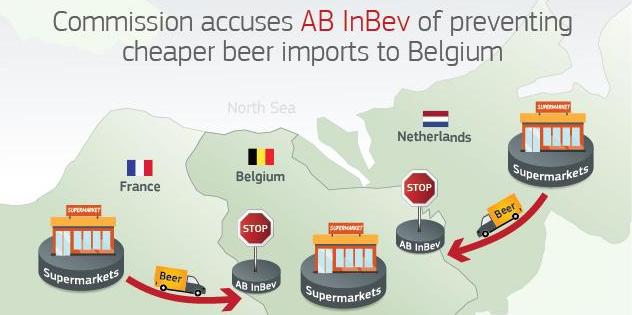
Anheuser-Busch InBev is the world’s largest brewer. It’s also a Belgian transnational beverage and brewing company with its global headquarters in Leuven, Belgian. In that country (where a tiny statue of a peeing boy is a national treasure), the European Union and NATO also have their headquarters. In Brussels, the European Commission is the long arm of the EU responsible for proposing legislation, implementing decisions, upholding EU treaties and managing the day-to-day business of the increasingly erratic behavior of member countries (quit acting like Americans, Europe).
Last year in June, the European Commission opened an investigation to assess whether Anheuser-Busch InBev was abusing its dominant position in the Belgian beer market by hindering imports of its beer from neighboring countries, in breach of EU antitrust rules. The commission noted it would investigate whether AB InBev was pursuing a deliberate strategy to restrict so-called “parallel trade” of its beer from less expensive countries, such as the Netherlands and France, to the more expensive Belgian market. In particular, the commission cited these possible anti-competitive practices by AB InBev:
Possibly changing the packaging of beer cans/bottles to make it harder to sell them in other countries
Possibly limiting “non-Belgian” retailers access to rebates and key products to prevent them from bringing less expensive beer products to Belgium.
Nearly a year and a half later, that commission finally feels fairly confident in an accusation — it has sent papers saying that is believes Anheuser-Busch InBev has been hindering cheaper imports of its Jupiler and Leffe brands into Belgium from neighboring France and the Netherlands, thus making consumers pay more for those products in their home country. From the commish last week:
Margrethe Vestager, Commissioner in charge of competition policy, said: “Belgian consumers may have had to pay more for their favourite beers. Our preliminary finding is that AB InBev may have deliberately prevented cheaper beer imports out of France and the Netherlands from reaching consumers in Belgium. Such practices would breach EU competition rules, because they deny consumers the benefits of the EU Single Market — choice and lower prices. AB InBev now has the opportunity to respond to our concerns.”
Here was their conclusion:
-
AB InBev changed the packaging of Jupiler and Leffe beer cans in the Netherlands and France to make it harder to sell them in Belgium: for example, it removed French text from its cans in the Netherlands, and Dutch text from its cans in France, to prevent their sale in the French and Dutch speaking parts of Belgium, respectively;
-
AB InBev limited access of Dutch retailers to key products and promotions, in order to prevent them from bringing less expensive beer products to Belgium: for example, it did not sell and/or limited the quantity of certain products sold to Dutch retailers and restricted the availability of certain promotions, if there was a chance that the Dutch retailers could import the products into Belgium.
What now?
Well, this “Statement of Objections” is a formal step for the commission. The commission informs the parties concerned in writing of the objections raised against them. The companies can then examine the documents on the commission’s investigation file, reply in writing and request an oral hearing to present their comments on the case before representatives of the commission and national competition authorities. There is no legal deadline for the commission to complete antitrust inquiries into anti-competitive conduct, so sit back and relax Belgium, this is going to take a while.

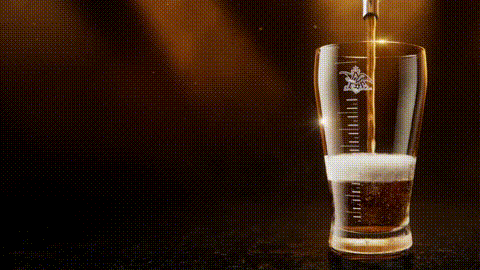
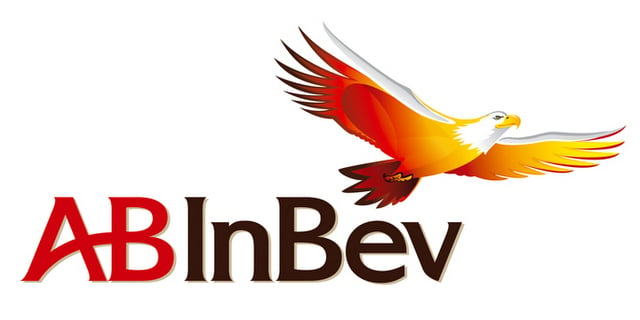
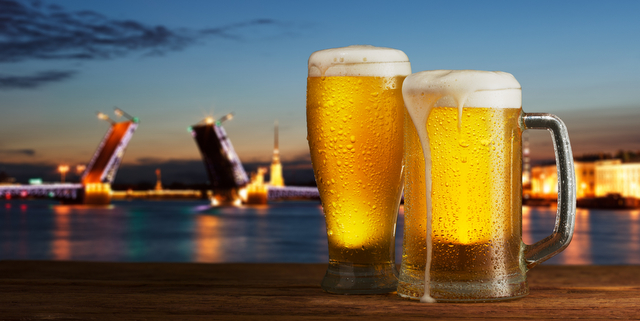
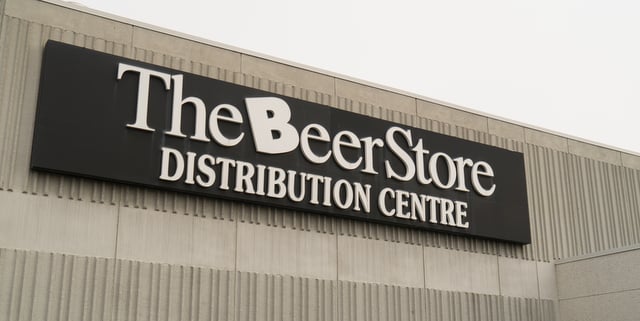
[…] market (which is supposedly one reason Wicked Weed sold to them–to get access to these hops), purposefully trying to make Dutch people import their beers, and bribery to officials in India to increase sales there. I know I’ve read before about how […]